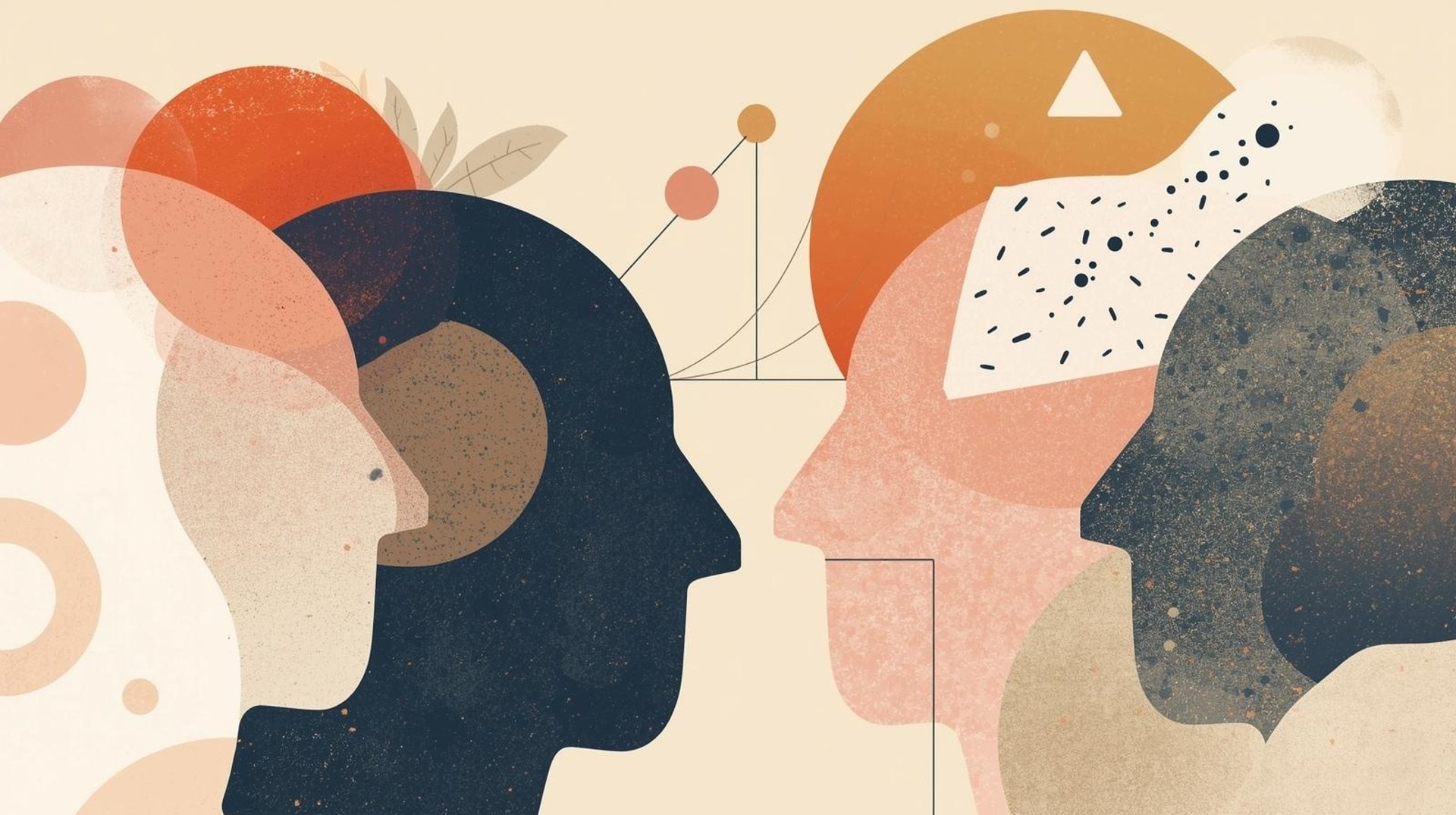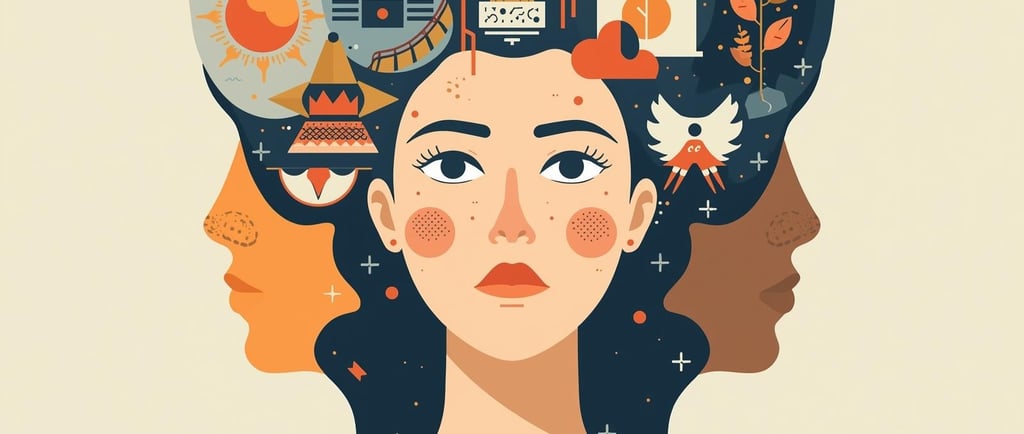
Understanding Emotional Triggers: Causes, Effects, and Strategies for Management
Emotional triggers are specific stimuli—such as memories, experiences, words, or situations—that provoke intense emotional reactions. These reactions can range from anger and sadness to anxiety and fear, often occurring suddenly and sometimes without conscious awareness. Understanding emotional triggers is essential for personal growth, emotional intelligence, and healthy relationships.



Understanding Emotional Triggers: Causes, Effects, and Strategies for Management
Introduction
Emotional triggers are specific stimuli—such as memories, experiences, words, or situations—that provoke intense emotional reactions. These reactions can range from anger and sadness to anxiety and fear, often occurring suddenly and sometimes without conscious awareness. Understanding emotional triggers is essential for personal growth, emotional intelligence, and healthy relationships.
What Are Emotional Triggers?
Emotional triggers are psychological responses to external or internal stimuli that evoke strong emotions. These responses are often rooted in past experiences, unresolved trauma, or deeply held beliefs. Triggers can be positive or negative, but the term is most commonly used to describe negative emotional reactions.
Common Types of Emotional Triggers
Words or Tone of Voice: Certain phrases or ways of speaking can remind individuals of past conflicts or criticism.
Situations or Environments: Crowded places, specific locations, or social settings may evoke discomfort or anxiety.
People: Interactions with particular individuals, especially those associated with past pain, can trigger emotional responses.
Memories: Reminders of past events, anniversaries, or significant dates can bring up unresolved emotions.
Sensory Inputs: Smells, sounds, or sights linked to traumatic experiences can act as triggers.
Causes of Emotional Triggers
Emotional triggers often originate from:
Childhood Experiences: Early life events, especially those involving neglect, abuse, or loss, can create lasting emotional sensitivities.
Trauma: Physical, emotional, or psychological trauma can leave individuals vulnerable to triggers related to their experiences.
Unresolved Conflicts: Lingering issues in relationships or within oneself can manifest as triggers.
Core Beliefs: Deep-seated beliefs about self-worth, safety, or trust can influence what becomes a trigger.
Effects of Emotional Triggers
When triggered, individuals may experience:
Intense Emotional Reactions: Sudden feelings of anger, sadness, fear, or shame.
Physical Symptoms: Increased heart rate, sweating, trembling, or nausea.
Behavioral Changes: Withdrawal, aggression, avoidance, or impulsive actions.
Cognitive Distortions: Negative self-talk, catastrophizing, or irrational thoughts.
These effects can impact mental health, relationships, and overall well-being if not managed effectively.
Recognizing Personal Triggers
Self-awareness is the first step in managing emotional triggers. Strategies for recognition include:
Journaling: Documenting emotional reactions and identifying patterns.
Mindfulness: Practicing present-moment awareness to notice triggers as they arise.
Therapy: Working with a mental health professional to uncover underlying causes.
Strategies for Managing Emotional Triggers
1. Pause and Breathe
Taking a moment to pause and focus on breathing can help regulate immediate emotional responses.
2. Identify the Trigger
Recognizing what specifically caused the reaction allows for greater understanding and control.
3. Challenge Negative Thoughts
Questioning the validity of automatic thoughts can reduce their emotional impact.
4. Practice Self-Compassion
Treating oneself with kindness and understanding helps mitigate feelings of shame or guilt.
5. Set Boundaries
Establishing clear boundaries with people or situations that frequently trigger negative emotions can provide a sense of safety.
6. Seek Support
Talking to trusted friends, family, or professionals can offer perspective and guidance.
7. Develop Coping Skills
Engaging in activities such as exercise, meditation, or creative pursuits can help manage stress and emotional intensity.
The Role of Emotional Intelligence
Emotional intelligence involves recognizing, understanding, and managing one’s own emotions and those of others. Developing emotional intelligence can reduce the frequency and intensity of emotional triggers, leading to healthier relationships and improved mental health.
Conclusion
Emotional triggers are a natural part of the human experience, but they do not have to control behavior or well-being. By understanding their origins, recognizing personal triggers, and employing effective management strategies, individuals can foster resilience, emotional balance, and deeper self-awareness.
